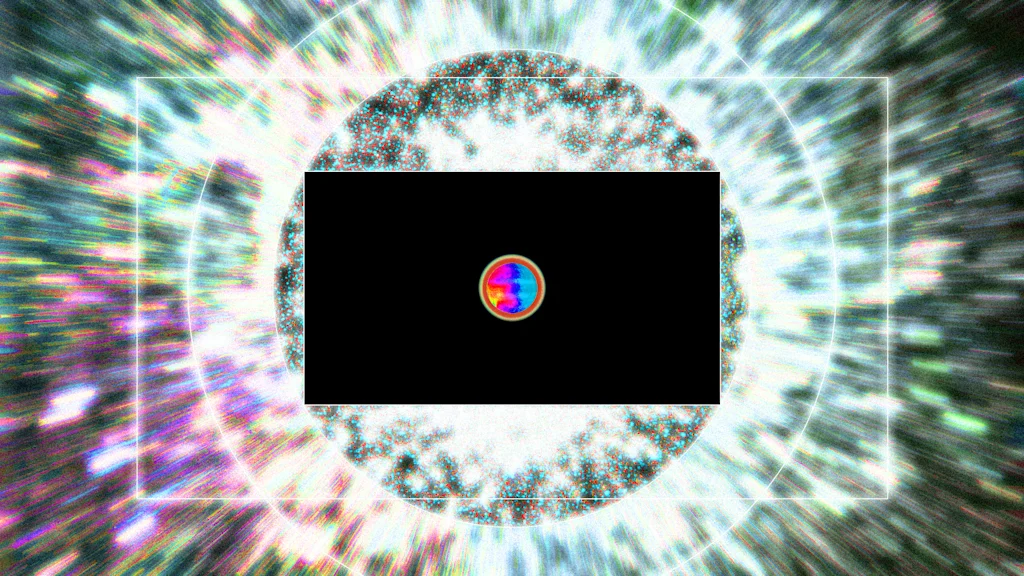
"Now, a radical new telescope design solves this problem. Unlike current circular telescopes like the Hubble or the James Webb, this design is a long rectangle, about 66 feet long by 3.3 feet tall. According to a new research study published in Frontiers in Astronomy and Space Sciences, the new design will be able to detect a record number of habitable planets in a record time span, while being easier to implement and less expensive than current and future generation of space telescopes."
"Computer simulations detailed in the team's research show the rectangular telescope could discover approximately 11 habitable exoplanets around the 15 closest sun-like stars in just one year of operation. Expanding to 46 target stars within 108 light-years, the mission could identify 27 potentially habitable worlds in 3.5 years-meeting NASA's Habitable Worlds Observatory goal at a fraction of the cost and complexity."
"But Newberg believes the design will vastly improve the chances of discovering extraterrestrial life. Breaking the circle Newberg's design abandons the centuries-old assumption that telescopes must be circular. Instead, Newberg's team proposes a design that delivers the resolution of a massive circular telescope while fitting into existing launch capabilities for spacecrafts. To do so, the concept leverages an optical principle: resolution depends on the longest dimension of a telescope's primary mirror."
A long rectangular space telescope measuring about 66 feet by 3.3 feet can separate faint planetary light from much brighter host stars and enable rapid exoplanet discovery. Resolution scales with the mirror's longest dimension, allowing a slim rectangular primary to match a much larger circular mirror while fitting current launch vehicles. Simulations indicate detection of roughly 11 habitable exoplanets among the 15 nearest sun-like stars in one year, and identification of 27 potentially habitable worlds across 46 target stars within 108 light-years in 3.5 years, at lower cost and complexity.
Read at Fast Company
Unable to calculate read time
Collection
[
|
...
]